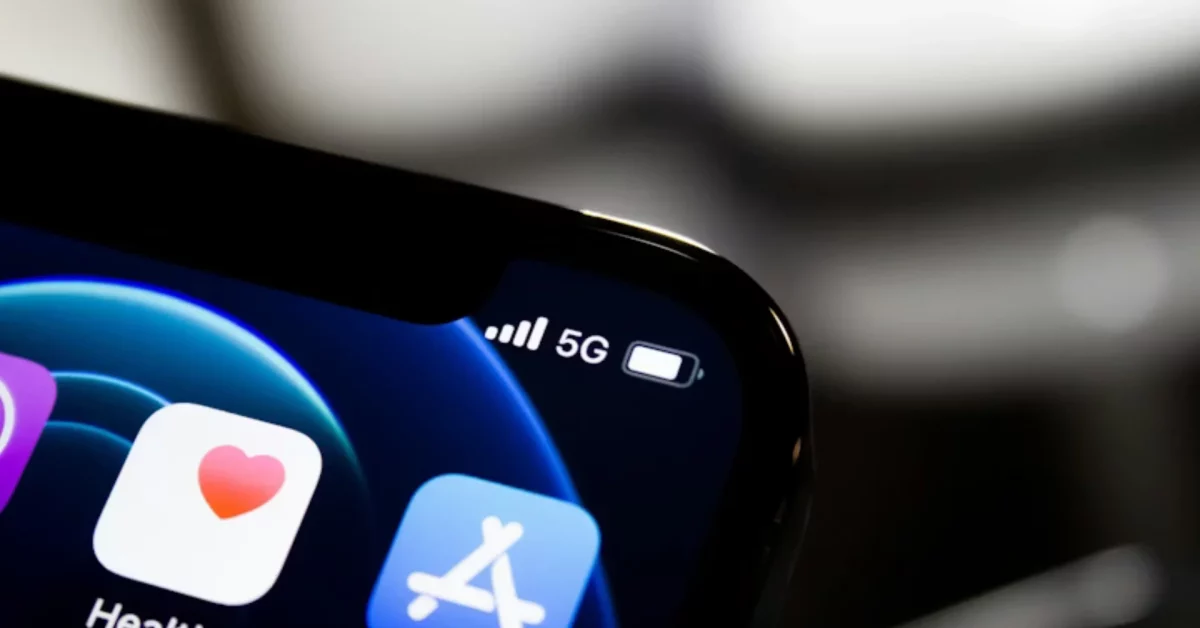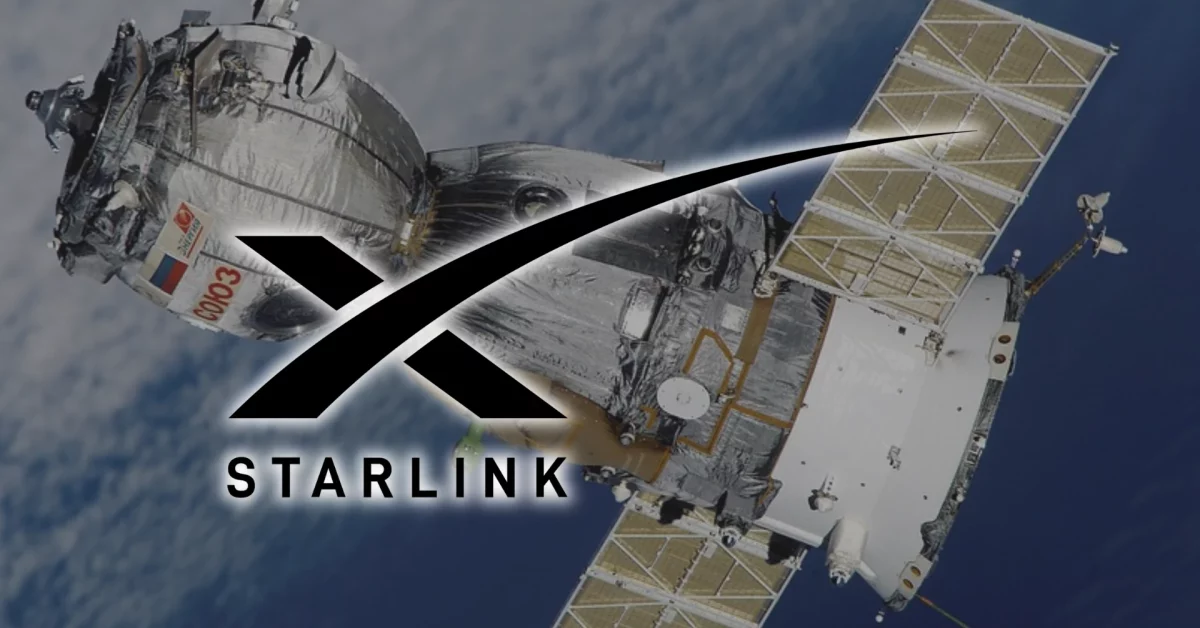
Tech Outsourcing- Here is Why Pakistan is a Great Option
October 24, 2024Can Tech Lead Pakistan Out of Poverty’s Grasp? A Vision
October 27, 2024Xbox, Nintendo, and PlayStation: What is the future of the gaming world?
Gaming – the ultimate frontier of adventure and expression – is a hobby and an even more lucrative business that has weaved unforgettable memories and has unleashed boundless creativity for many generations. The realms of the gaming industry, where pixels morph into artistry and controllers give you the ultimate power, three gaming giants reign supreme: Xbox, Nintendo, and PlayStation. As we tread through the ever-changing landscape of gaming, it is natural to question the relevance of these three juggernauts, especially in a highly digitalized world pulsating with mobile gaming, cloud streaming, and virtual reality. A question keeps coming back regardless of how much we want to avoid it. Do these giants still hold dominion over the gaming industry or have they become relics of a bygone era? Let’s find out.
The Three – Gaming – Musketeers
Xbox, the brainchild of Microsoft, entered the market in the early 2000s, introducing us to the wonders of online multiplayer and storytelling. The device’s introduction had people (especially children) hooked to it so much so that it transformed the gaming infrastructure in its entirety; sowing the seeds of the gaming world we know today. Meanwhile Nintendo, the epitome of innovation, continues to engage players with its iconic characters and hardware. And then there’s PlayStation, Sony’s magnum opus, which has mastered the art of immersive gaming experiences, as a result captivating audiences with their stunning graphics and masterful storytelling. These three gaming giants – Xbox, Nintendo, and PlayStation – have together formed a transnational gaming culture that travels beyond borders, languages, and generations. The impact they have had is profound but some may say that their transformation for the new gaming world has begun.
End of Exclusive Gaming?
As the gaming world changes, the makers have also been keen on evolving so as to not be left behind. Hence, a recent development that comes from the Microsoft headquarters has made waves in the gaming world. Phil Spencer, CEO of Microsoft Gaming, announced in mid-February that four Microsoft Xbox games, whose names are yet to be announced, will now be accessible on other platforms. A first in the history of Microsoft gaming. Spencer and company were frustratingly careful in not naming the games but the boss still dropped some hints for all the curious souls. He hinted that all four games are community-driven, more than a year old, and DO NOT include any recent release. This feels like a big change for Microsoft gaming especially since it has long favored exclusivity to its own Xbox platform and Games Pass subscription service.
On the other hand, it’s not just Xbox that has been warming up to this idea. Its arch rival, Sony has also shown a similar move in this direction with their President, Hiroki Totoki, expressing his intention to put PlayStation video games on other platforms too. Just like Microsoft, Totoki didn’t mention any specific games or even the platforms they will be accessible to other than their own. However, his comment may also be a signal towards the status quo where the firm put PlayStation games onto PCs after some time. Nintendo, meanwhile, still has held closely to the exclusivity element when it comes to its games.
As the market shifts to create a new normal, we all wonder what the reason behind this move is and how it will impact the future of gaming. The simplest of answers to this is the new wave of young gamers who do not buy into any hype. Today’s generation of young gamers just want to play their favorite game no matter who owns it, or what brand it is – the only thing they desire is the game in their hand. This is what the game giants are up against and it appears that Microsoft is starting, very cautiously, to respond to that – the others following suit.
The Future
Following years of rivalry between the three gaming juggernauts, especially Xbox and PlayStation, the direction that technology is moving in has made the companies revamp their strategy (to some extent). To begin with, the idea which is to turn any device with a screen I extremely simple once you think about it. Why go through an extremely expensive and time-consuming process of building and selling hardware when over 50% of the world’s population is already carrying a high-performance computer in their pockets – today’s smartphone. When such is the case, why should one restrict access to their bestselling games when there is a huge population out there who also want to buy, play, and spend within those games?
To further strengthen this argument, data from analyst Ampere showed that in 2023, an estimated total of 46.4M consoles were sold worldwide, from which only 7.6M were that of Xbox. This leaves over 80% of that consumer untapped by Microsoft. Hence, the reason Microsoft now is pursuing a more progressive multi-platform strategy to engage all these lost customers. It is about time that the old-fashioned business model is let go because now the question is not who out of the three matters but who evolves and stays in the wake of the digital revolution.
About the Author:
Mahnoor Zahid is a recent graduate and a gold medalist. Amidst the symphony of her passions – from the enchantment of literature to the thrill of sports – she nurtures a cherished dream: to craft her own narrative, a testament to her indomitable spirit and boundless imagination.





